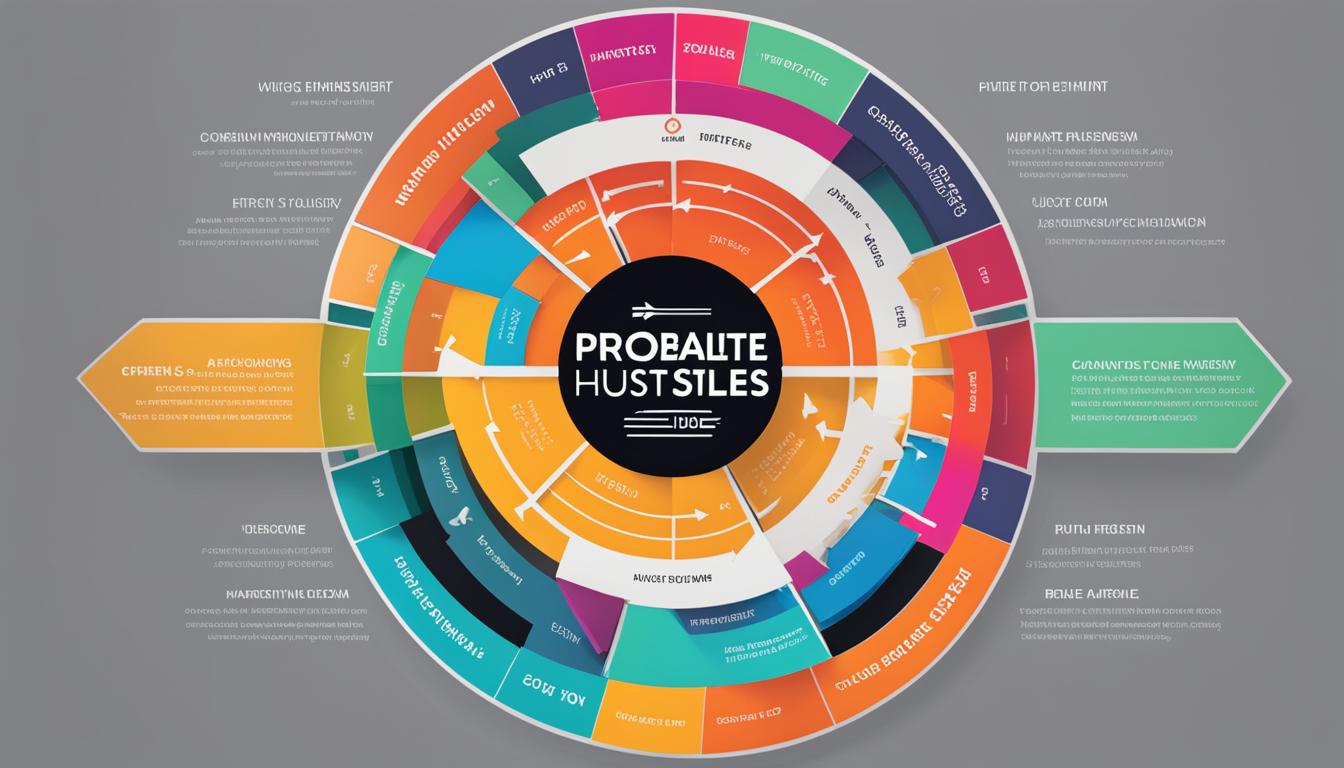Navigating through the sea of personal finance can be challenging. That’s where ‘Empowering Your Financial Journey: Discover the Leading Personal Finance Education Programs’ comes in.
This guide is designed to help you understand the importance of financial literacy and introduce you to the top-rated personal finance programs.
It aims to shed light on the benefits of financial education courses and assist you in choosing the path that best suits your needs.
With the right knowledge, you’ll be equipped to make informed financial decisions, paving the way for a secure financial future.
So, let’s dive in, shall we?
Understanding Personal Finance Education

To make the most of your money-management journey, it’s crucial that you understand what personal finance education entails. It’s more than just knowing how to balance a checkbook. The core of this education lies in understanding two key aspects: Budgeting Basics and Debt Management.
Let’s start with Budgeting Basics. It’s about crafting a financial plan that aligns your income with your expenses. It’s about identifying your needs and wants, setting financial goals, and creating a roadmap to achieve them. You’ll learn how to track your spending, allocate funds, and make necessary adjustments to stay on course.
Then comes Debt Management. It’s not just about paying off debts, but understanding them. You’ll learn about different types of debt, interest rates, and repayment options. This knowledge empowers you to make informed decisions, avoid unnecessary debt, and strategically pay off existing ones.
You see, personal finance education is a practical skill, not a luxury. It’s about equipping you with the tools you need to navigate your financial journey. Understanding Budgeting Basics and Debt Management is the first step towards financial literacy. Grasp these concepts, and you’ve set the foundation for a secure financial future.
Importance of Financial Literacy

Building on your understanding of Budgeting Basics and Debt Management, it’s essential to recognize the importance of financial literacy in your life. Financial literacy, simply put, is your ability to understand and apply financial skills, including personal financial management, budgeting, and investing. This understanding is crucial in making informed decisions about your finances.
Mastering Budgeting Basics, for instance, empowers you to plan your income and expenses effectively. It allows you to anticipate and mitigate financial challenges, thereby fostering stability and reducing stress. In the same vein, understanding Debt Management can prevent unnecessary financial distress. It equips you with strategies to manage your debts efficiently, ensuring they don’t spiral out of control.
However, financial literacy doesn’t just stop at managing your current finances. It also involves understanding the financial market and its various investment options. This knowledge can help you grow your wealth and secure your financial future.
Top-Rated Personal Finance Programs

Now that you’ve grasped the importance of financial literacy, let’s dive into some top-rated personal finance programs that can further equip you with crucial financial skills.
Firstly, the Dave Ramsey’s Financial Peace University has been lauded for its comprehensive, easy-to-understand modules. The program evaluation shows it excels in teaching debt reduction and saving strategies, with a strong focus on behavior change for long-term financial health.
Secondly, consider the Money Management International program. It’s recognized for its Course Accreditation and offers an in-depth curriculum on budgeting and credit management. The program’s online course is particularly convenient for busy individuals who need flexibility in their learning schedule.
Lastly, the Personal Finance course by Coursera is another worthy contender. It’s a top-rated program, delivering a detailed overview of personal finance management, including investments and retirement planning. The program’s evaluation indicates a high satisfaction rate among users due to its practical, real-world applications.
Benefits of Financial Education Courses

Understanding the benefits of financial education courses can profoundly impact your financial journey, turning your dreams into achievable goals. They offer a range of advantages that can steer you towards a financially secure future.
* Career Advancements: These courses equip you with a solid understanding of financial concepts, making you more attractive to potential employers. It’s a skill set that can set you apart in your current job or open doors to new opportunities.
* Debt Management: Financial education can provide you with the necessary tools to effectively manage and reduce your debts. It helps you understand how to prioritize your payments, negotiate with lenders, and create a feasible debt repayment plan.
* Improved Decision Making: With financial education, you’re better equipped to make informed decisions about investments, savings, and retirement planning.
To sum up, financial education courses aren’t just about learning to budget or save. They’re about empowering you to make informed financial decisions, advance in your career, and effectively manage your debts.
Choosing Your Finance Education Path

In light of the benefits, you’re probably wondering how to choose the right finance education path for your needs. It’s crucial to consider your career prospects and available degree options.
First, analyze your career aspirations. Are you interested in financial planning, investment banking, or corporate finance? Each career path might require a different set of skills and knowledge, thus, a different education path.
Secondly, consider the degree options. Certificate programs, associate’s, bachelor’s, master’s, and doctoral degrees all offer unique opportunities and challenges.
Here’s a simple table to help you understand your options:
| Career Path | Degree Options | Prospects |
|---|---|---|
| Financial Planning | Bachelor’s, Master’s | Financial Advisor, Planner |
| Investment Banking | Bachelor’s, Master’s, Doctorate | Investment Banker, Analyst |
| Corporate Finance | Associate’s, Bachelor’s, Master’s | Financial Manager, Analyst |
Choosing your finance education path isn’t merely about picking a degree. It’s about aligning your education with your career goals. The right choice can launch you into a rewarding career. Consider your interests, assess your strengths, and choose the path that will best empower your financial journey. Your future self will thank you.
Conclusion
Just like a compass guiding a traveler, personal finance education is your tool in navigating the financial landscape. It’s a fact that those with financial literacy have a higher net worth.
Picture this, you’re in control, confidently steering your financial ship towards wealth and stability. So, don’t wait. Invest in your financial future today. After all, the best investment you can make is in yourself.





